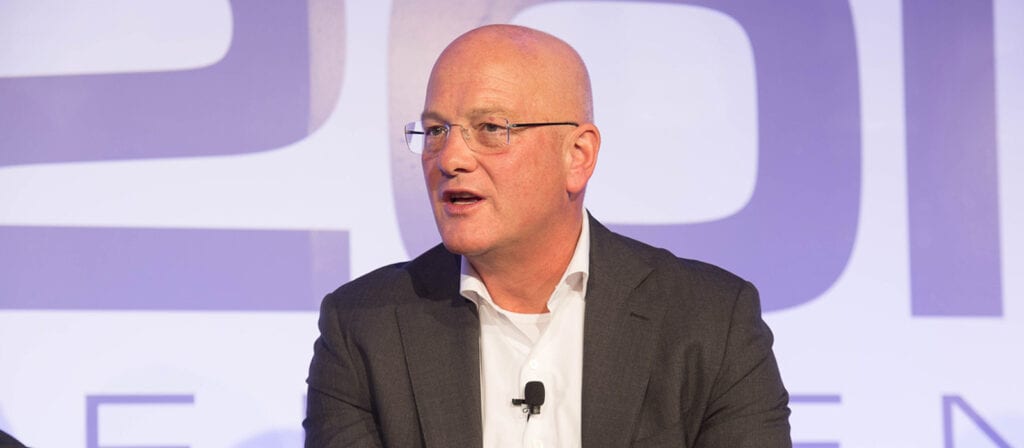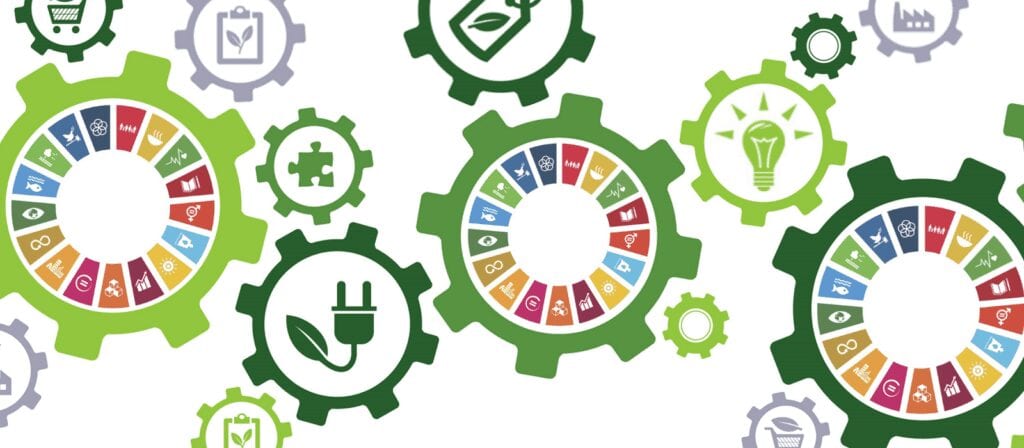Länsförsäkringar (Sweden) serves its 3.9 million customers through an Alliance of 23 customer-owned regional insurance companies, thereby combining the ability of a small company to adapt and be close to its customers with the strength of a large company. Länsförsäkringar strategy is based on its large customer base, a strong brand and local presence. Its success lies in this balance between local business operations and the cooperation of the regional insurance companies (which jointly-own the parent company Länsförsäkringar AB).
As owners of the company, Länsförsäkringar’s customers expect the organisation to take a responsible attitude towards society. They want the company to be sustainable in everything it does. Climate change is the most important sustainability risk facing Länsförsäkringar, on an international and global perspective. Recent flooding and storms have impacted its local and international (re)insurance business, affecting both insurable risks and investible assets.
Since 2017, Länsförsäkringar has looked at how it can contribute to the UN Sustainable Development Goals (SDGs). The core of its business is sustainability, and so much of what it does is well-aligned with the SDGs. It has chosen seven out of the 17 goals to focus on (although the 23 local companies are free to pick their own goals to focus on). Climate Action (SDG 13) is one of the seven goals that the organisation focuses on.
Climate change has a great effect on managing risks and uncertainties and that is the basic core business for an insurance company. Länsförsäkringar, with its local commitment, has accumulated a great deal of knowledge and has developed practices to make a difference in this area. Länsförsäkringar takes great responsibility to provide insights into how climate change affects their customers and helps them manage and mitigate these risks.





